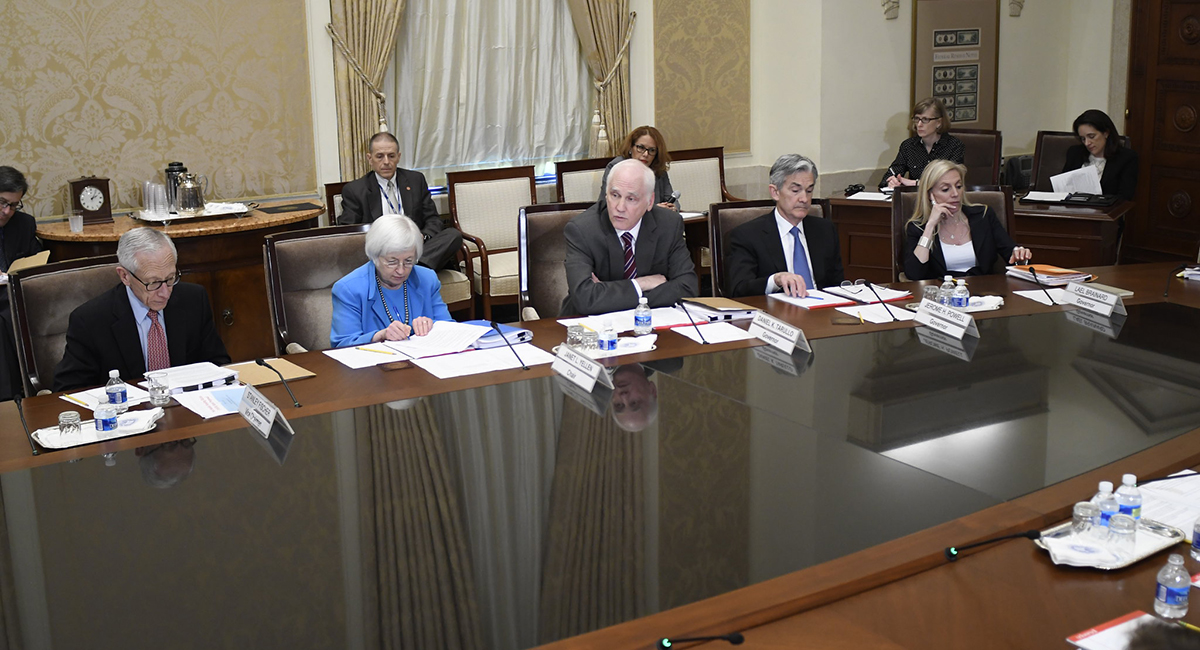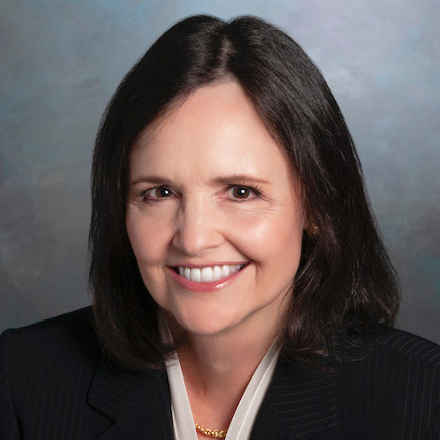Donald Trump has broken a cardinal rule in US presidential campaigning by openly questioning the effectiveness of the Federal Reserve. He believes that the low interest rate regime engineered by America’s central bank has not stimulated real growth but has rather created a “false economy” that could lead to the next global financial meltdown. Moreover, he questions the motives of Fed officials. “The Fed is being more political than Secretary Clinton,” he said in Monday night’s presidential debate.
To suggest that the implementation of monetary policy could be influenced by political considerations is to pull back the curtain on an institution with vast discretionary powers. “We do not discuss politics at our meetings,” Fed chair Janet Yellen stated after its latest opt-out on raising rates.
Not explicitly, perhaps. But the central bank can hardly be exempted from the ramifications of its powerful role in distributing economic rewards. The Fed has adopted monetary policy decisions that channel low-cost funding to wealthy investors and corporate borrowers at the expense of people with ordinary bank savings accounts and retirees on fixed-income pensions. That is not only inherently political—it is antithetical to the American principle of treating all citizens equally.
Unlike conventional politicians, Mr Trump actually understands how interest rates affect investment decisions. He welcomes low interest rates as a developer, as he admitted in an interview in 2015. At the same time, he pointed out, monetary stimulus efforts raise the risk of financial instability. When he worries that the Fed’s policies are “creating a bubble” by pumping up equity prices to artificial levels, he is expressing concern for the economic wellbeing of the nation as a whole.
American economic revival is the crux of the Trump pro-growth agenda. And while his economic plan encompasses tax reform and a rollback of excessive regulations, Mr Trump also recognises the importance of a dependable, stable monetary foundation to foster economic growth for the whole of society, rather than merely lining the pockets of financial market speculators.
This position is in keeping with his long-expressed disapproval of countries that manipulate their currencies to gain a trade advantage. He sees it as a violation of free-trade principles, a distortion that rewards one set of individuals at the expense of others. How can genuine free-market competition flourish when foreign governments can tilt the playing field in favour of their own industries? It is time to acknowledge, too, that central banks are the biggest culprits when it comes to moving exchange rates.
What can we expect in the event of a Trump victory in November? Anyone who thinks that the candidate’s criticisms of the Fed are meant to spur a rise in interest rates is missing the point: we have arrived at a point where conjecture over when the central bank will increase its key interest rate by a mere one-quarter of 1 per cent carries the threat of igniting the world’s next financial crisis.
Clearly, this is no way for the US to run monetary policy. The minutiae of monetary policy have seemingly become more important than the fullness of fiscal policy in forging the path to salvation for our low-growth, low-productivity economy—crowding out the pillars of substantive reform and undercutting the potential for fundamental renewal aimed at making America great again. Mr Trump’s bold plan for increasing jobs, wages, incomes and opportunities depends on fixing what is broken. He believes people flourish under a minimum government burden and warns that the Fed’s economic meddling is doing more harm than good.
Something has clearly gone wrong with the Fed’s model; even when its own metrics have been attained, we are left to guess what happens next. No wonder its motives have likewise been called into question. By focusing on the Fed, Mr Trump raises the importance of restoring monetary integrity. The dollar should be the world’s most trustworthy currency.
Can the pursuit of sound money at home be reconciled with the notion of American economic leadership on the world stage? Mike Pence, Mr Trump’s running mate, has called for a rethinking of the international currency system—even proposing that perhaps the time has come to have a debate over gold and the proper role it should play in monetary affairs.
Mr Trump has not publicly embraced any such idea, although he has mused: “Bringing back the gold standard would be very hard to do, but boy, would it be wonderful.” No one anticipates that a Bretton Woods-style conference will soon take place at Mar-a-Lago, the exclusive Trump resort in Florida. Still, as Mr Trump often urges: it is time to start thinking big once again.









